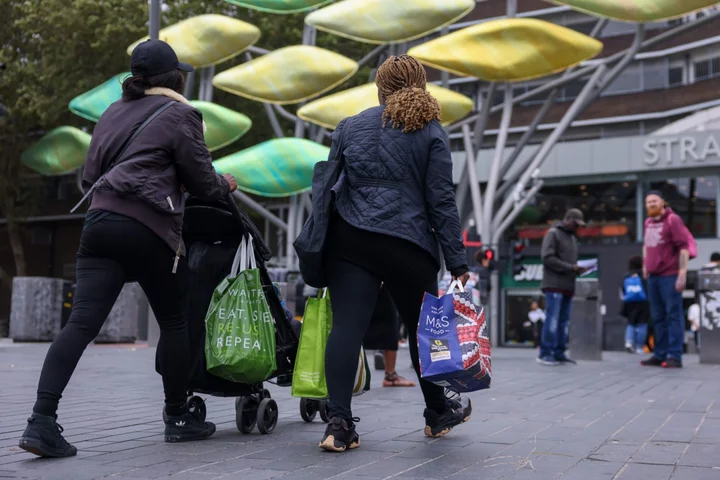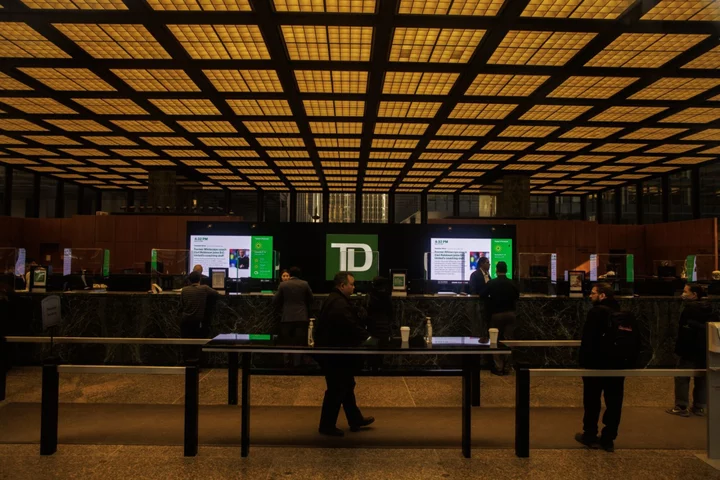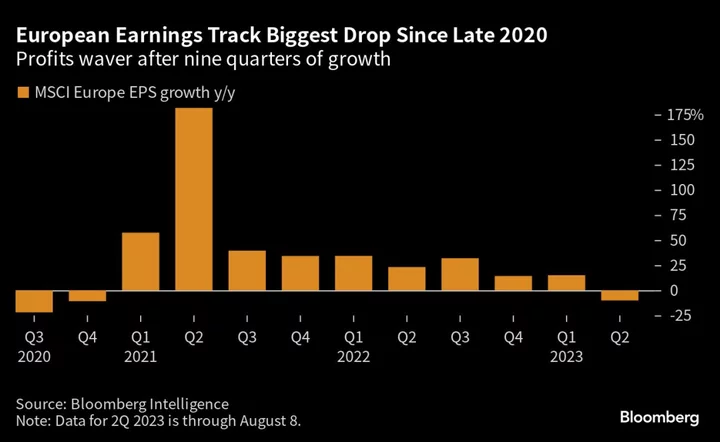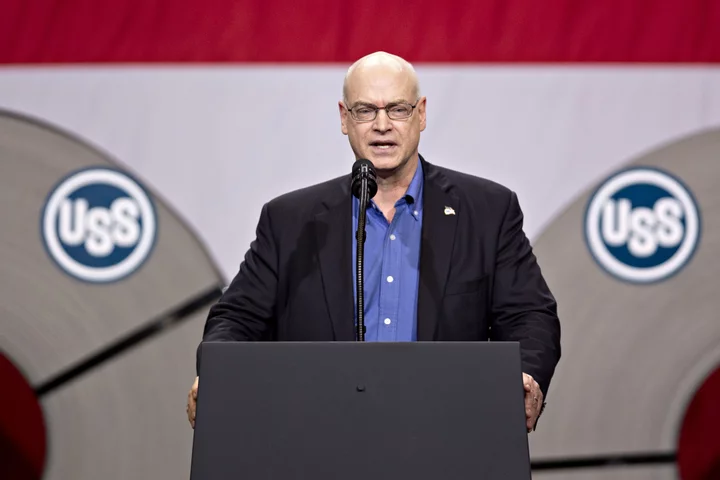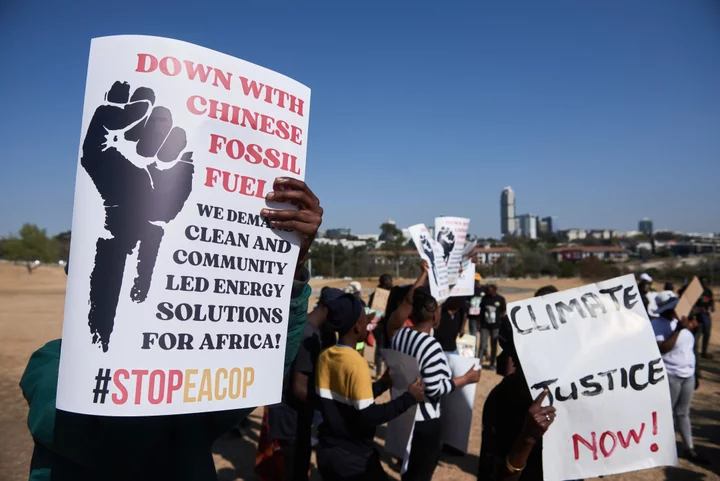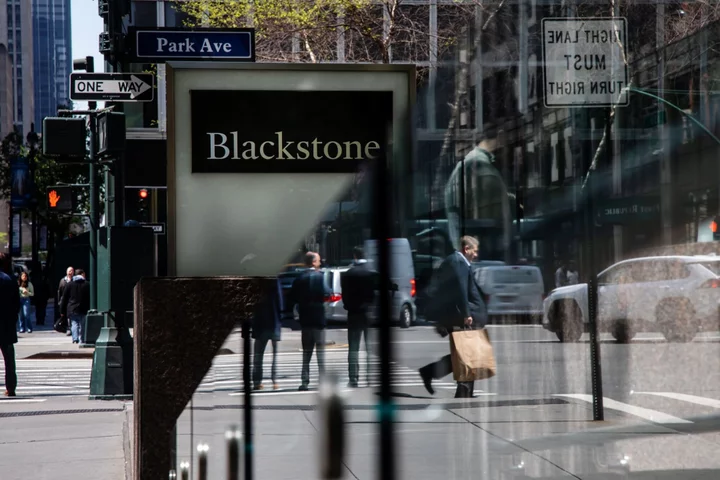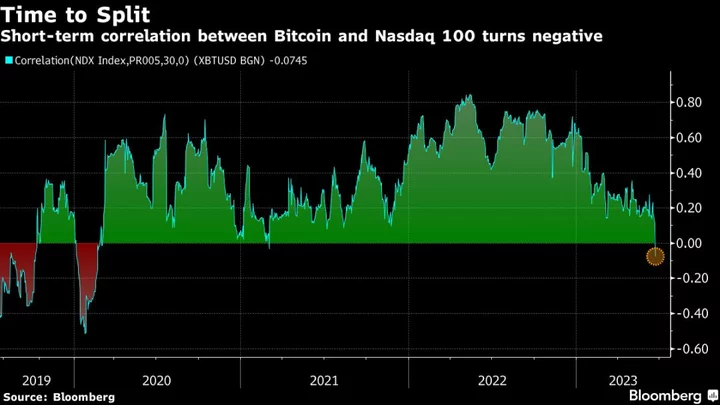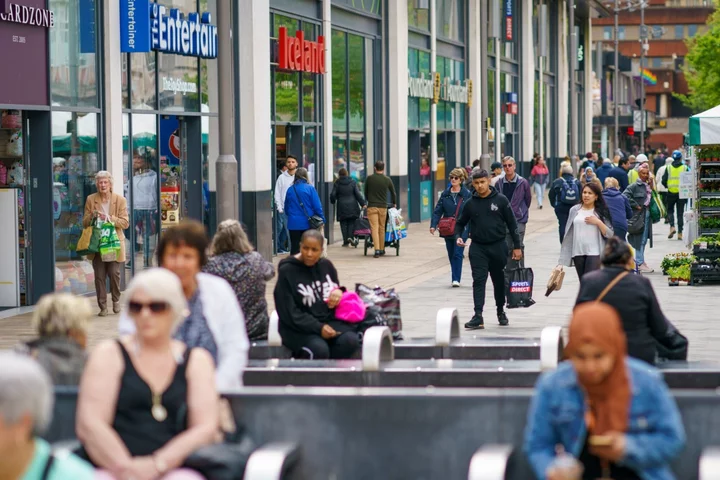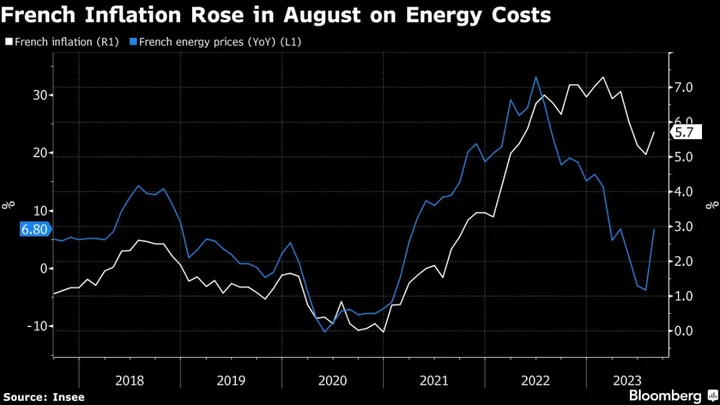Britain’s inflation rate fell unexpectedly despite a surge in fuel prices, easing pressure for further interest-rate increases from the Bank of England.
The Consumer Prices Index rose 6.7% from a year ago in August, less than the 6.8% gain the month before, the Office for National Statistics said Wednesday. Economists had expected a rise to 7%. Core inflation stripping out food and fuel fell to 6.2% from 6.9%.
The UK has the worst inflation problem in the Group of Seven nations with labor shortages since the pandemic driving a wage-price spiral. Investors expect the BOE to extend its quickest monetary tightening cycle in three decades after policy makers finish their latest meeting on Thursday.
However, this month’s report confounded expectations for a small uptick in prices and confirmed that the BOE’s effort to rein in inflation is gaining traction. Services inflation eased to 6.8% from 7.4%.
The swift surge in the BOE’s benchmark lending rate to 5.25% currently from near zero at the end of 2021 is starting to weigh more heavily on the economy. Official data and surveys show activity contracted in the first few weeks of the third quarter, reviving the risk of a recession.
The darkening mood is the latest headache for Prime Minister Rishi Sunak’s Conservative administration, which is trailing the Labour opposition in polls little more than a year before the most likely date for the next election. Sunak has made cutting inflation in half one of his five key priorities, but he’s also anxious to deliver growth to voters unsettled that their living standards are being squeezed.
--With assistance from Eamon Akil Farhat.

